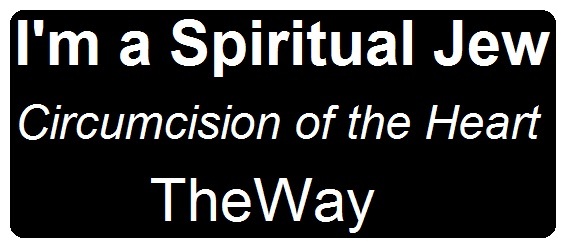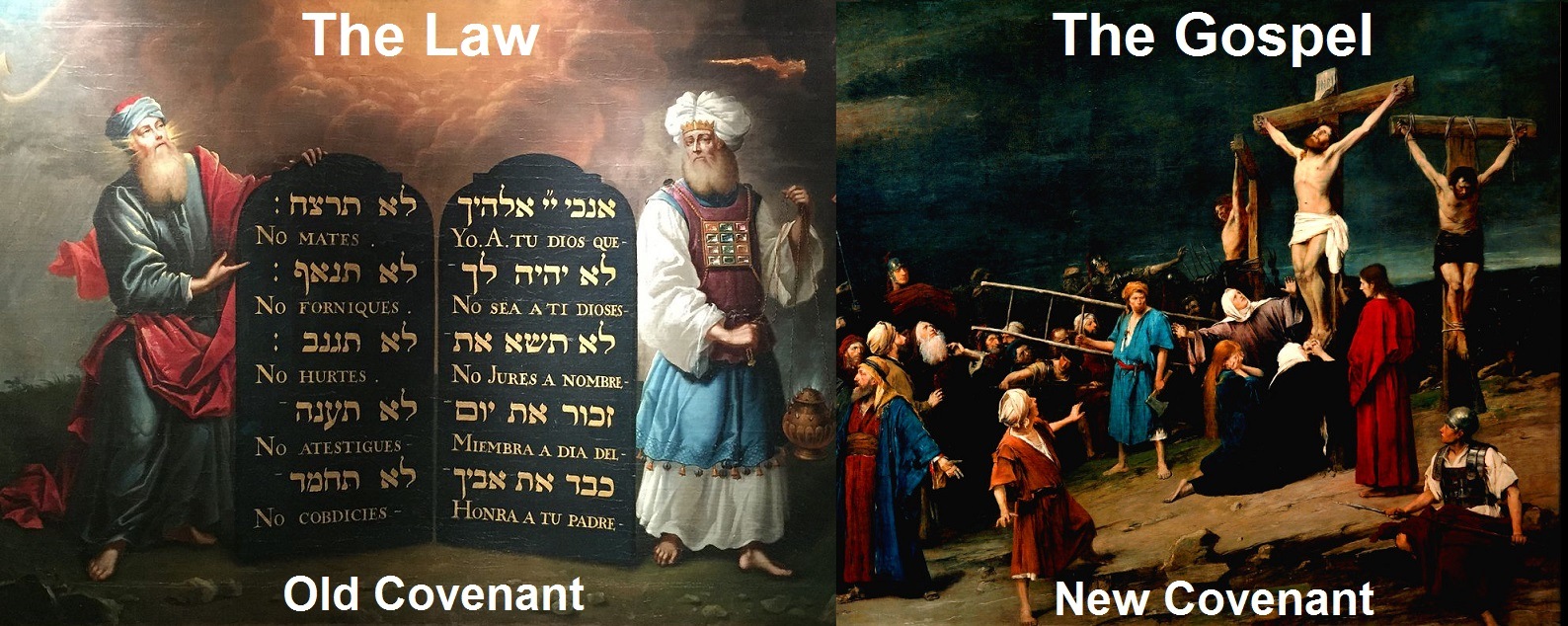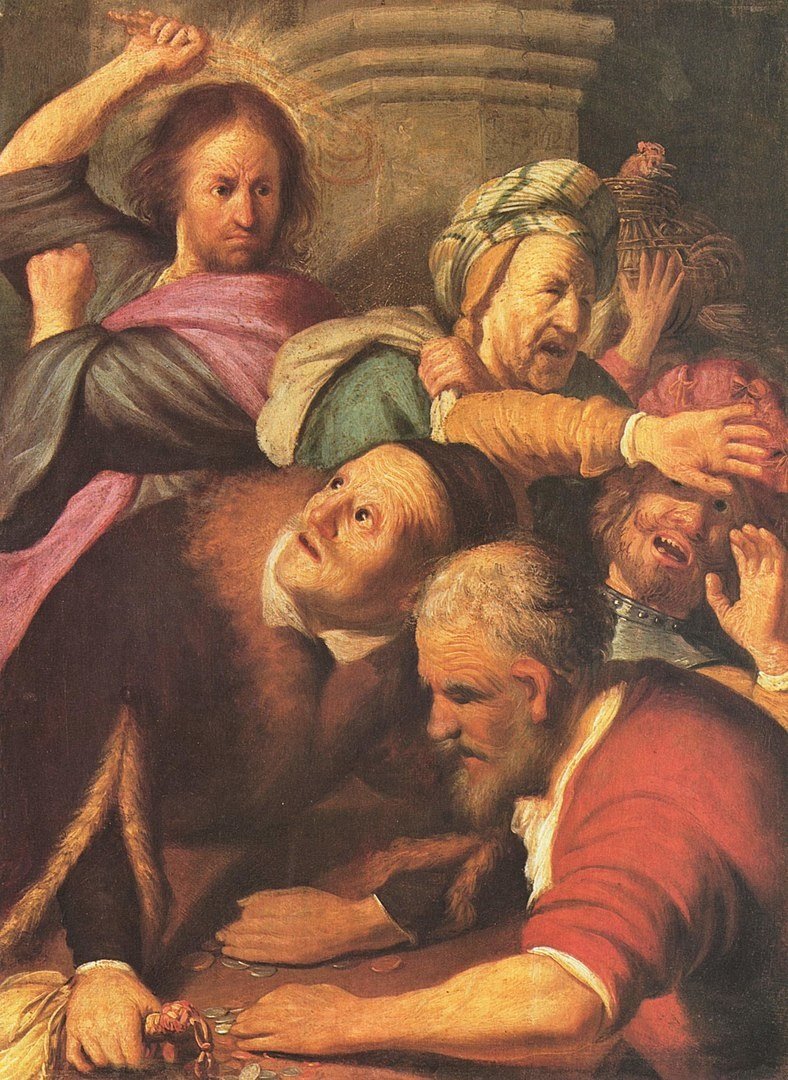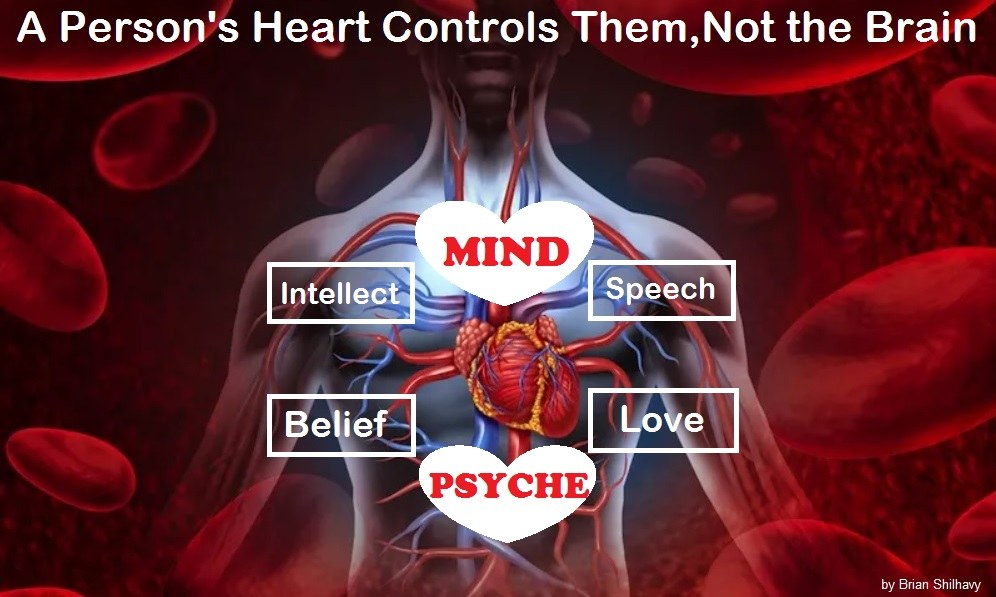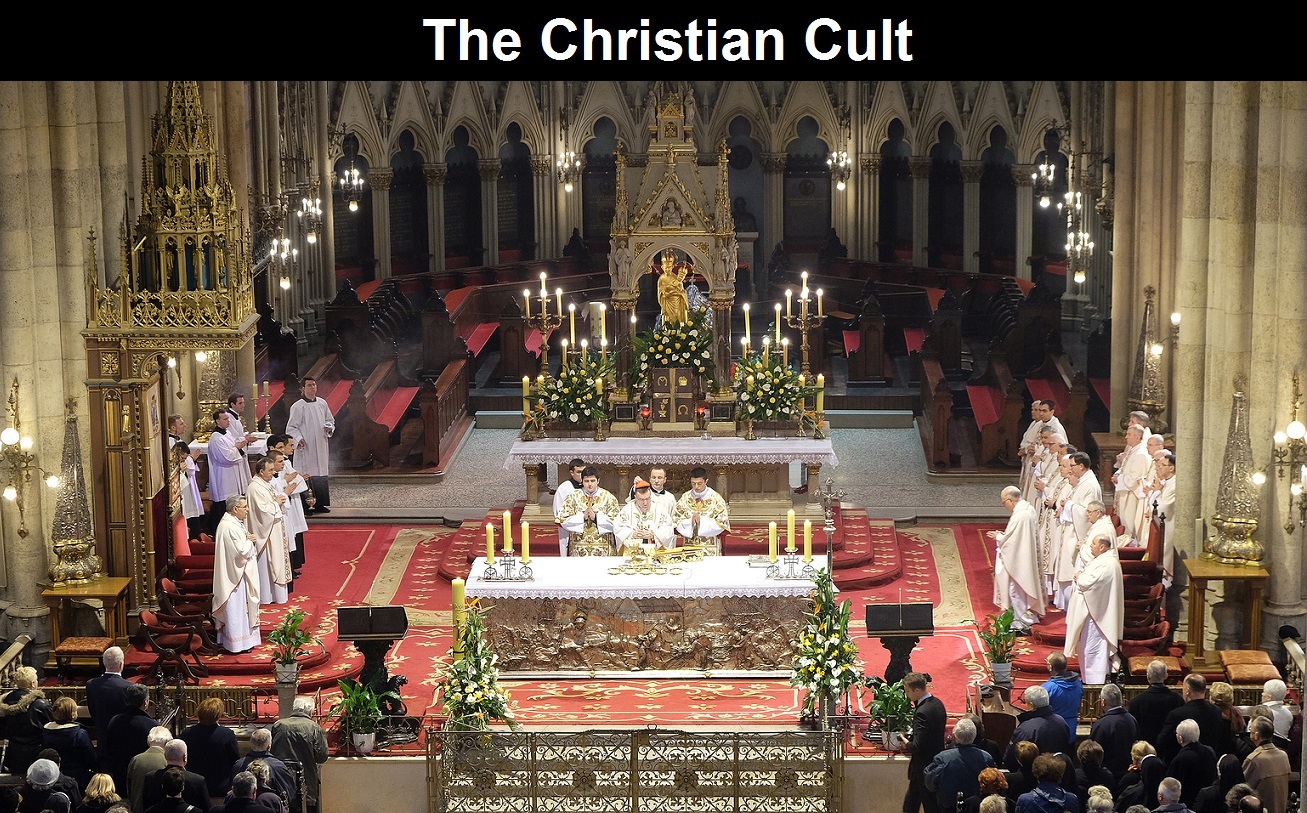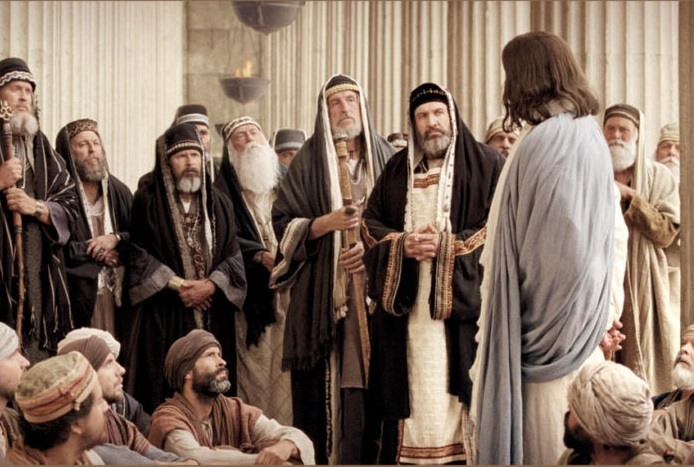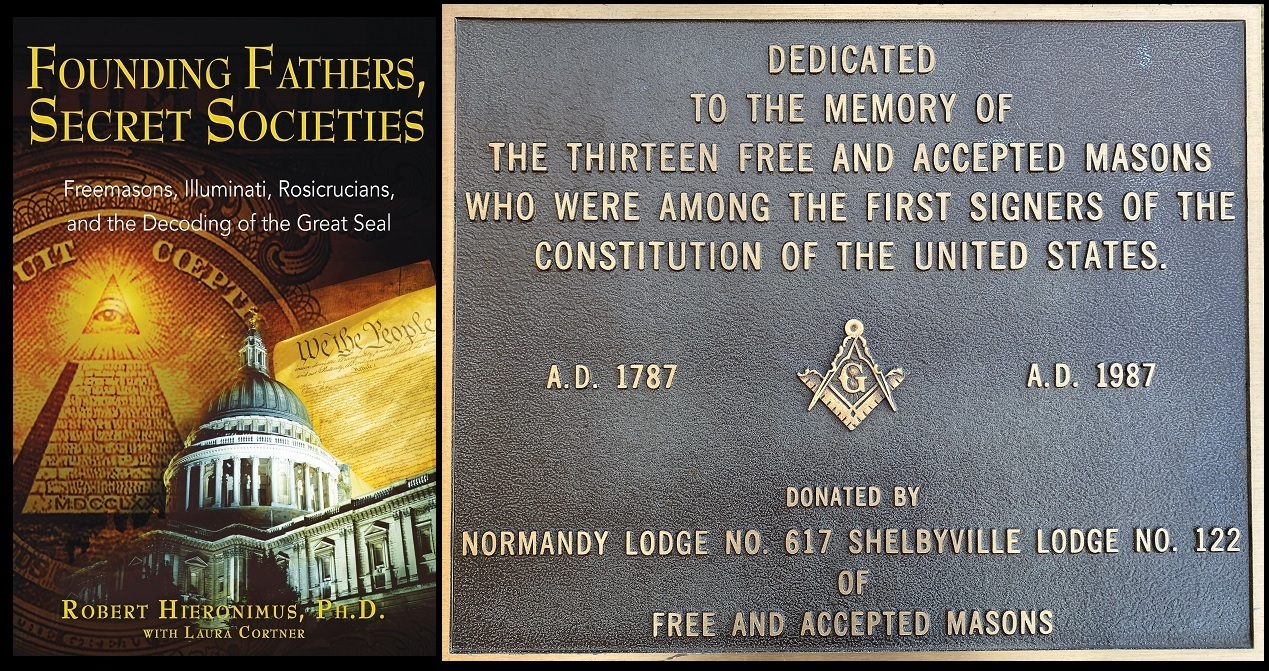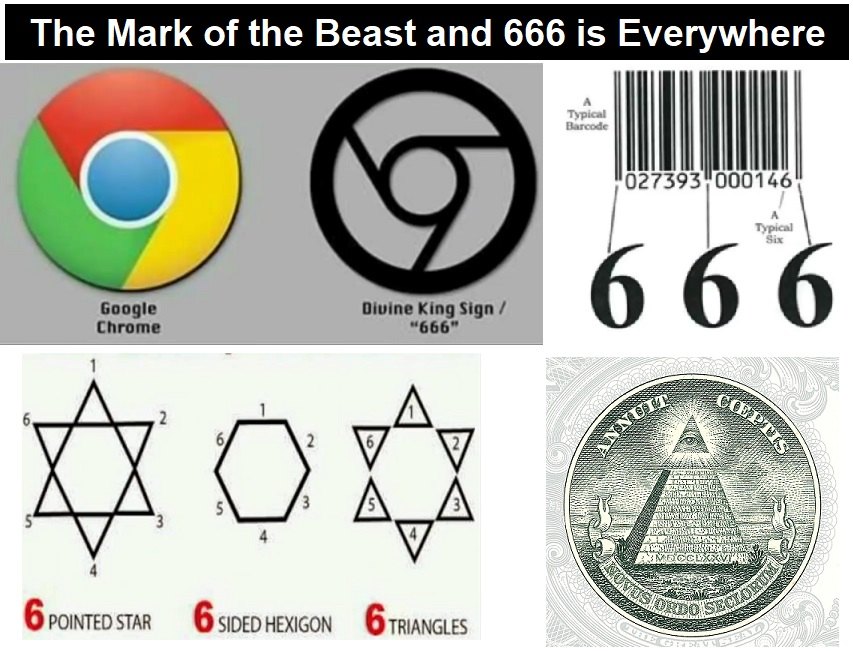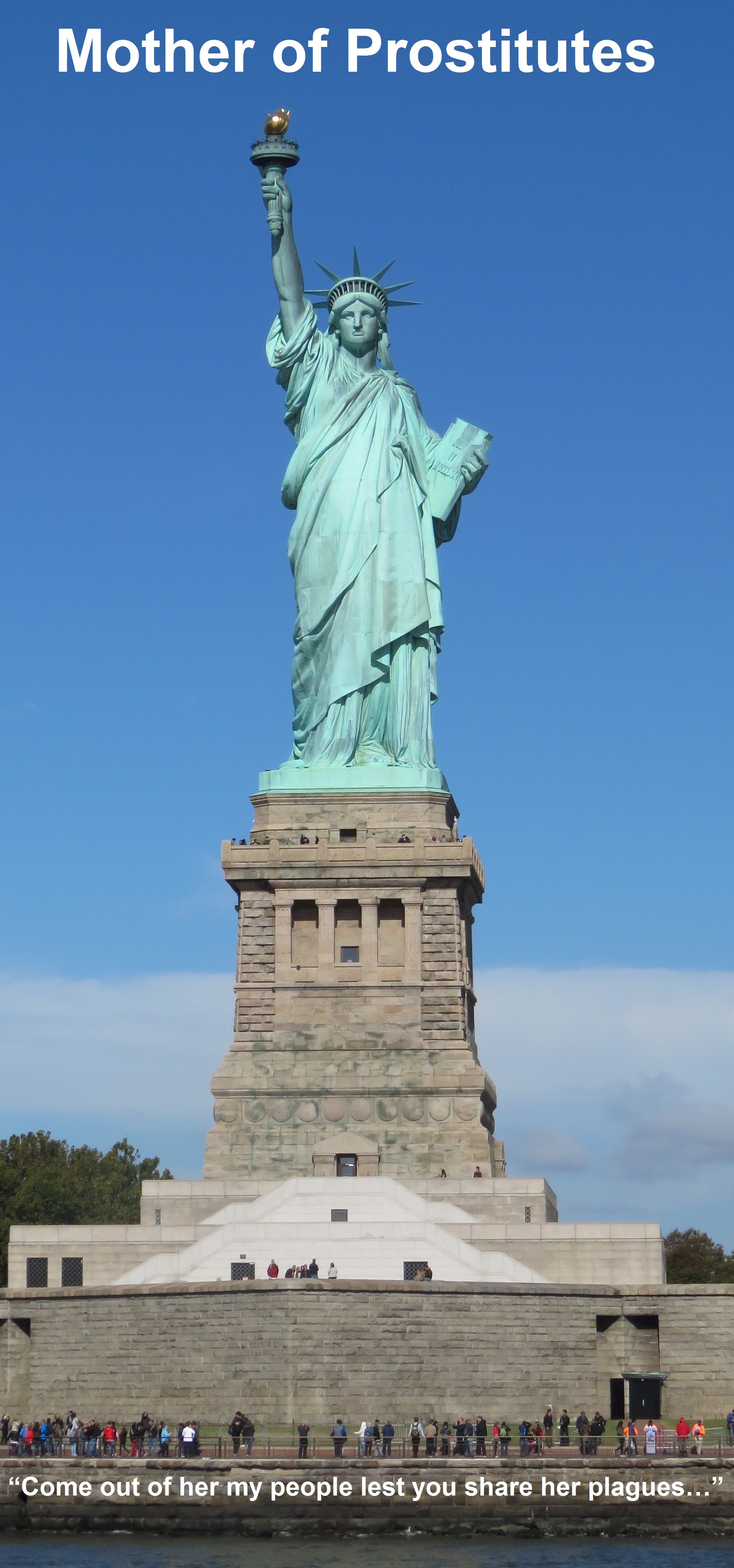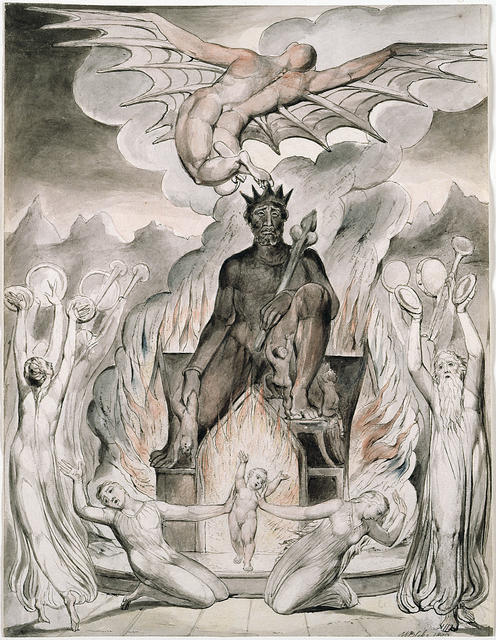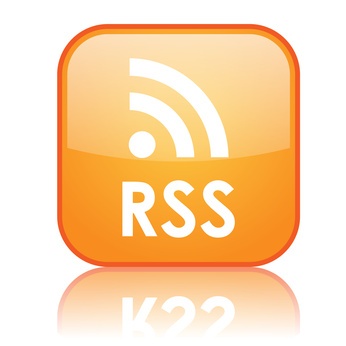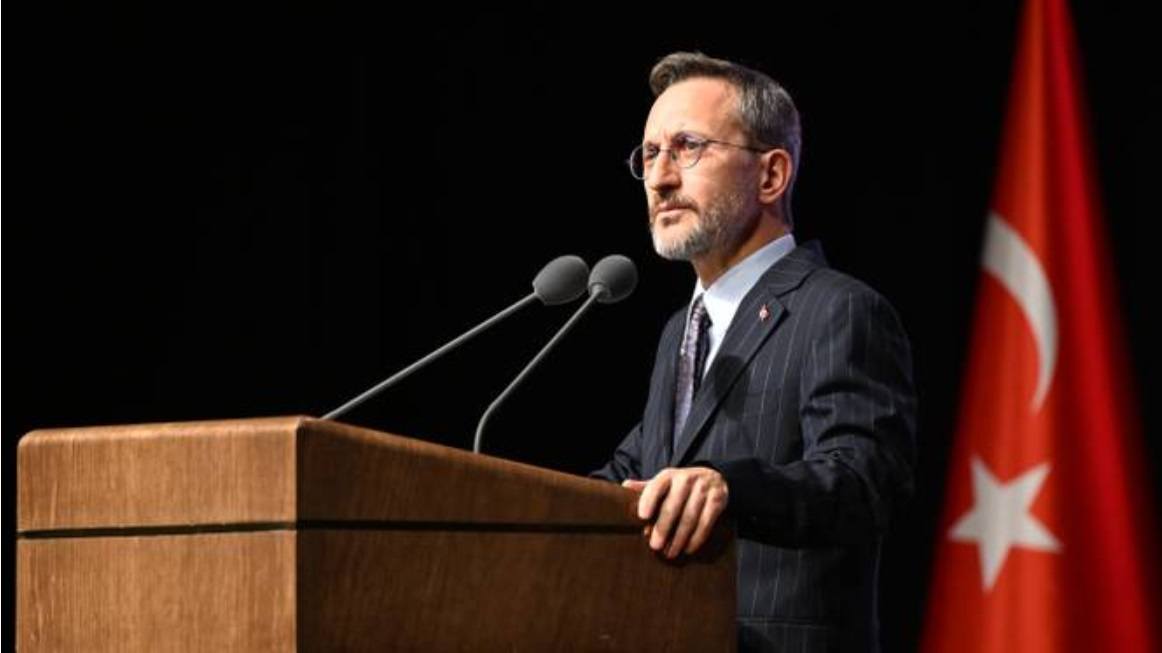
Turkey Presidential Communications Director Fahrettin Altun. Image Source.
by Brian Shilhavy
Editor, Health Impact News
Most of the headline news yesterday was about the largest prisoner swap with Russia since the end of the Cold War period, giving a brief moment of positive news among a steady stream of negative headline news that comes across our screens day after day.
And yet among all the reports about this prisoner swap as reported in the U.S. news, there was barely a mention about who made all of this possible, which was the country of Turkey, and their national intelligence agency, MIT.
The prisoner swaps happened in Ankara, Turkey, the nation’s political capital, a city that I once called my “home” back in the 1980s, when I was studying Turkish at Ankara University and living in the city.
Türkiye-coordinated prisoner swap gains global attention
International media focuses on Ankara’s role in prisoner exchange, highlighting operation’s complexity and scope.
An extensive prisoner exchange operation conducted by Türkiye’s National Intelligence Organization (MIT) has attracted significant international media coverage.
Türkiye orchestrated on Thursday a major swap involving 26 prisoners from the US, Germany, Poland, Slovenia, Norway, Russia, and Belarus. The operation saw 10 prisoners, including two children, being sent to Russia, 13 to Germany and three to the US.
Prominent figures among those released include The Wall Street Journal journalist Evan Gershkovich, former US Marine Paul Whelan, German mercenary Rico Krieger, Russian opposition figure Ilya Yashin, and Russian Federal Security Service officer Vadim Krasikov.
International media widely reported on Türkiye’s MIT for coordinating a significant prisoner exchange involving seven countries. Outlets like The New York Times, The Washington Post, and BBC focused on Ankara’s crucial role due to its ties with all the parties and underlined the operation’s complexity and scope.
Turkey is a country that is constantly portrayed negatively in the U.S. media, including the alternative media, mainly due to American prejudices against Muslim people.
Turkey is the only Muslim nation that is part of NATO, and it has maintained strong, friendly ties to Russia, a country it borders, for decades now.
This event has now thrown Turkey into the international spotlight, showing that the country has serious diplomatic clout and perhaps an intelligence agency that has been very underrated in the West.
Prisoner swap mediation proof of Türkiye’s diplomatic clout — Altun
Communication director says Ankara’s mediation in the historic prisoner exchange underlines commitment to peace and stability through global partnerships.
Türkiye has successfully mediated the exchange of 26 prisoners from seven different countries, showcasing its diplomatic experience and commitment to regional stability, the country’s communications chief has said.
Türkiye, as of yesterday, successfully carried out its most comprehensive prisoner exchange in recent times, Presidential Communications Director Fahrettin Altun said Friday on social media platform X.
“Türkiye once again proved that it is a diplomatic heavyweight with special partnerships with various countries around the world. We use our capabilities in the service of peace and stability through impactful cooperation with different actors,” he added.
Türkiye hosted and mediated one of the biggest prisoner swaps in the world. As part of the exchange operation, individuals were transferred to Türkiye via seven aircraft, including two from the US and one each from Germany, Poland, Slovenia, Norway, and Russia.
“This operation has gone down in history as the most extensive hostage exchange between the US, Russia, and Germany in recent years,” the Turkish National Intelligence Agency (MIT) said in a statement on Thursday.
Türkiye contributes to peace with Erdogan’s leadership
Altun separately stressed that under the leadership of President Recep Tayyip Erdogan, Türkiye, continues to contribute to peace and stability on the international stage.
He emphasised that Türkiye uses its diplomatic capacity to serve peace and stability through effective collaboration with various actors.
“The crucially necessary seriousness in handling delicate negotiations has been exemplary,” Altun said.
Altun further explained that Turkish intelligence established channels for dialogue and mediation for this historic operation, which required communication among global powers in competition and conflict.
“Our country has once again shown itself to be a reliable partner engaging with different parties. Türkiye is determined to maintain open channels of dialogue in all international conflicts and will continue to create platforms to facilitate the participation of all parties and the conduct of mediation activities,” he said.
26 individuals from prisons of seven different countries return home after Türkiye mediates major prisoner exchange between Russia and the West, an exchange described as one of the largest since the Cold War.
Read more: https://t.co/DjIFuj2tok pic.twitter.com/bZ5N0hShn3
— TRT World (@trtworld) August 2, 2024
I am going to reprint here something I wrote and published last year about my first trip to Turkey as a young man, and how my views and understanding of this country were radically changed after meeting people who lived there, and then living there for several years and learning their language.
The point I am trying to make in sharing this experience with the public, is that we should never judge people from another country based on what the media tells us, or based on the politicians and politics of that country.
And most importantly, we should never judge people based on whatever religious group they belong to.
For example, I have spent much of my time since last year exposing the evil of Zionism. That earns me the label from the Zionists as “antisemitic”, and yet Health Impact News has many Jewish readers, including many who live in Israel, who appreciate my work here, and are not Zionists even though they are Jews.
Get past the labels and get to know the people!
Getting to Know Turkey and Turks in the 1980s – Brian Shilhavy
It was 1986, and I was in my mid-20s making my first trip overseas outside the U.S.
I was studying for my Master’s Degree in linguistics at Northeastern Illinois University in Chicago, where I majored in Turkic languages.
I wanted to take a year to study Turkish at Ankara University in Turkey before finishing my degree, but had decided to take a trip to Turkey first, to see how difficult it would be to live in the Muslim country.
Some well-meaning friends and family members warned me about taking the trip to such a “savage” country, pointing to the 1978 award-winning film The Midnight Express, a fictional account of an American student, Billy Hayes, who was caught trying to smuggle drugs out of Turkey and allegedly spent time in a Turkish prison where he was treated very harshly.
I did watch the film, but had not bothered to read critical reviews of it from people who had actually spent time in and lived in Turkey, and how the film was not representative of Turkey at all.
But it didn’t matter to me. I was young and ambitious, with a strong faith in God, and I decided to travel to Turkey all by myself and experience the culture first-hand. I had an American friend who was living in Ankara with his family at the time who agreed to meet me when I arrived in Ankara, and show me around.
I could only afford a ticket as far as Istanbul, which is about 8 hours away from Ankara if traveling by land. I didn’t know the language yet, but I figured I would “wing it” and figure everything out myself and catch a bus to Ankara once I arrived in Istanbul.
As soon as my plane arrived in Istanbul, my pre-conceived ideas about Turkey quickly started crumbling apart. I did not even feel like I was in a Muslim country, as the Istanbul airport resembled a European one.
I looked for the place to buy bus tickets, and found out that due to our late arrival, no buses would be leaving for Ankara until the next morning.
An older lady who was traveling with her adult son, who looked to be in his 30s placing his mother in her 50s, who had been on the same plane as me that had flown out of New York, heard my conversation with the ticket agents, and proceeded to approach me and let me know that they too were on their way to Ankara, and invited me to travel along with them.
She was well-dressed in western clothing (no head scarf), and of course spoke English quite well, having just spent many months in the U.S. visiting relatives there. She explained that we would need to stay in the airport for several hours until the bus lines started.
This woman, whom I had never met before, then proceeded to take care of me from that moment on, until we arrived in Ankara the next day, as if I were her own son.
The first thing she did was make sure I got a bus ticket on the same bus line as they were traveling on, which was considered one of the two top bus lines in Turkey (I had no idea – I thought “a bus is a bus”), among dozens that were operating at that time. Traveling in this bus was like traveling first class on an airline, as it had its own bathroom, and we were all served tea and snacks, and only stopped at the top restaurants along the way.
And I did not pay a single penny for the trip! This kind-hearted Turkish mother would not allow me to pay for anything!
So this was my first exposure to Turkey, with a huge Hoşgeldiniz! (welcome) to Turkey, and my first exposure to true Middle Eastern hospitality, which is almost completely unknown in western culture, whereas in Middle Eastern culture it is a moral value in both their culture and their Muslim religion, to take care of foreigners who are visiting, at any cost to themselves.
I have often wondered how the reverse would have gone back then, if a young Turkish male in his mid-20s had decided to visit the U.S. and then taken a plane into New York City all alone without knowing English? Would he have found such a welcome and help in NYC once he arrived? (Rhetorical question, as the answer is obvious.)
This was the beginning of my love affair with the country of Turkey: their culture, their people, and oh my goodness, THE FOOD!!! I don’t know about Turkey today as it has been many years since I was last there, but at that time fast food restaurants were not common at all, and almost everything was made by hand, from scratch.
I went on to spend many years in living in Turkey, first as a student, then later as an English teacher. In 1991 I was hired as a translator to help the Kurdish refugees in Southeastern Turkey return home to Iraq, after the first Gulf War.
Learning Turkish was so easy, because everyone in my neighborhood in Ankara, from my neighbors in my apartment building, to the shop keepers on the street, all took delight in spending time with me, always helping me learn Turkish as we sat and drank Turkish tea.
They felt honored and appreciative that an American would actually come to their country and learn their language. When I walked into a new shop and would speak a word or two of Turkish to try and communicate what I wanted, without fail the people working there would exclaim “Your Turkish is beautiful!”, even though I knew it was not (yet), and then they would go out of their way to serve me, so astonished would they be that an American would actually come to their country and try to learn their language.
I had to learn to love Turkish tea, most of it grown in the north along the Black Sea, and love LOTS of it, as everywhere I went they offered it to me, as they literally begged me to talk to them. It was so difficult for them to believe that an American would actually want to come to Turkey and learn their culture and language. They would invite me into their homes for home-cooked meals, and take me to their favorite restaurants, etc.
Needless to say, my pre-conceived ideas and prejudices towards Turkey and Muslims were completely blown away, and it didn’t take long for me to learn that those of us who live in the United States have been duped by propaganda and hate towards Muslims in general, and the countries where they live, like Turkey.
After spending a few years in Turkey and becoming fairly fluent in Turkish, the day came for me to return the favor of hospitality to an elderly Turkish man.
I was getting ready to board a flight from Turkey back to the U.S. to Chicago, and I met a family who was sending their father/grandfather to the U.S. to live with their relatives there. He was in his 90s, had never traveled outside of Turkey, and didn’t know any English.
I told the family that I would stick by his side and watch over him until we arrived in Chicago, and then deliver him to his family. He needed a wheelchair to board the plane, and did not walk very well.
I arranged to have my seat next to his for the entire trip, and never left his side. It was quite entertaining to sit next to this elderly man, who had never flown in an airplane before. He didn’t even know how to attach his seat belt.
When we were served our meal, I carefully explained to him what he could and could not eat, due to Muslim dietary laws. But there was one item on his tray that I did not know the Turkish words for, which was his creamer for his coffee. I assured him it was OK, but lacking the correct Turkish word, I told him it was “milk” since I knew the Turkish word for that.
He peeled off the top and proceeded to pour it into his mouth. When he finished, he winked at me and said: “That was great, but they sure don’t give you much!”
His family was so relieved when I wheeled him to them at the airport in Chicago, and we stayed friends for years after that.
As I wrote above, move beyond your prejudices against other people that we have been taught to fear, and even hate, and get to know them. You just might be surprised about what you learn about them, and about life in general.
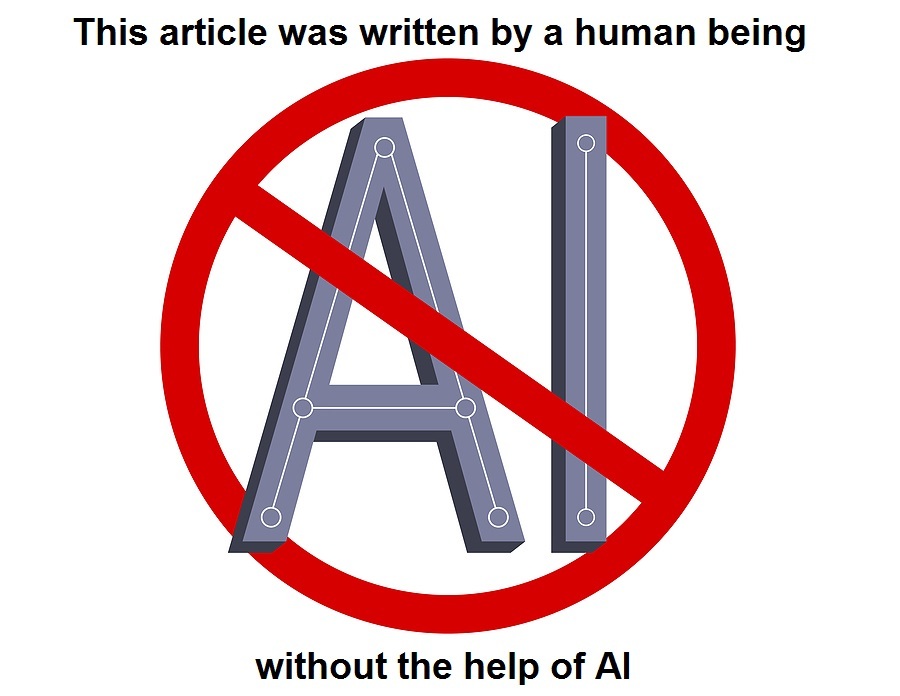
See Also:
Understand the Times We are Currently Living Through
American Christians are Biblically Illiterate Not Understanding the Difference Between The Old Covenant vs. The New Covenant
Exposing the Christian Zionism Cult
Jesus Would be Labeled as “Antisemitic” Today Because He Attacked the Jews and Warned His Followers About Their Evil Ways
Insider Exposes Freemasonry as the World’s Oldest Secret Religion and the Luciferian Plans for The New World Order
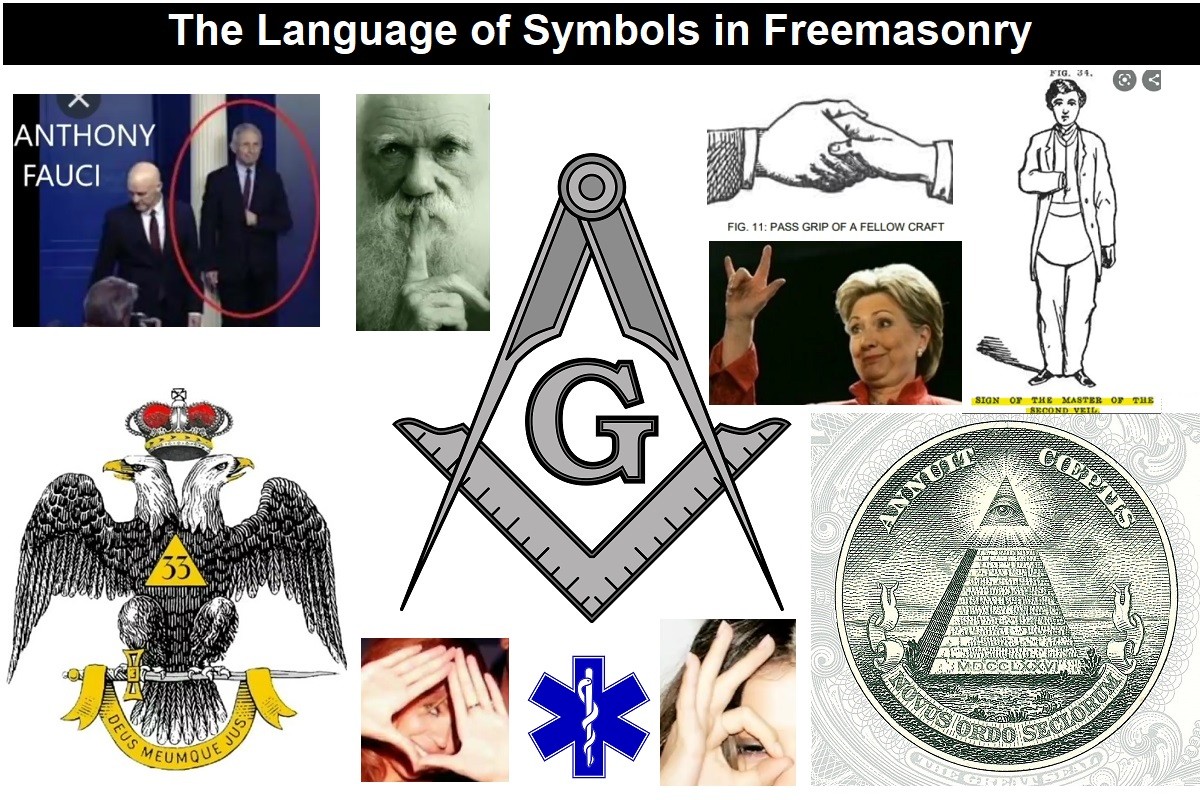
Identifying the Luciferian Globalists Implementing the New World Order – Who are the “Jews”?
The Brain Myth: Your Intellect and Thoughts Originate in Your Heart, Not Your Brain
Fact Check: “Christianity” and the Christian Religion is NOT Found in the Bible – The Person Jesus Christ Is
Christian Myths: The Bible does NOT Teach that it is Required for Believers in Jesus to “Join a Church”
Exposing Christian Myths: The Bible does NOT Teach that Believers Should Always Obey the Government
Was the U.S. Constitution Written to Protect “We the People” or “We the Globalists”? Were the Founding Fathers Godly Men or Servants of Satan?
The Seal and Mark of God is Far More Important than the “Mark of the Beast” – Are You Prepared for What’s Coming?
The United States and The Beast: A look at Revelation in Light of Current Events Since 2020
The Satanic Roots to Modern Medicine – The Mark of the Beast?
Medicine: Idolatry in the Twenty First Century – 8-Year-Old Article More Relevant Today than the Day it was Written
Having problems receiving our emails? See:
How to Beat Internet Censorship and Create Your Own Newsfeed
We Are Now on Telegram. Video channels at Bitchute, and Odysee.
If our website is seized and shut down, find us on Telegram, as well as Bitchute and Odysee for further instructions about where to find us.
If you use the TOR Onion browser, here are the links and corresponding URLs to use in the TOR browser to find us on the Dark Web: Health Impact News, Vaccine Impact, Medical Kidnap, Created4Health, CoconutOil.com.
Source link


